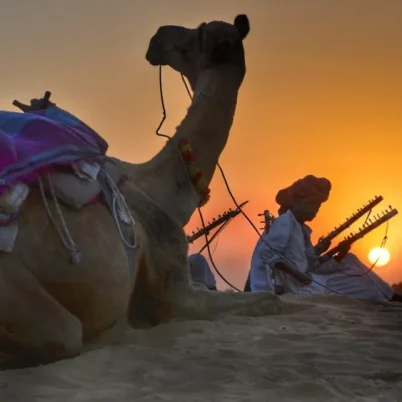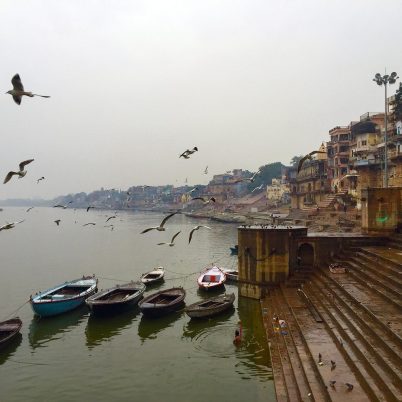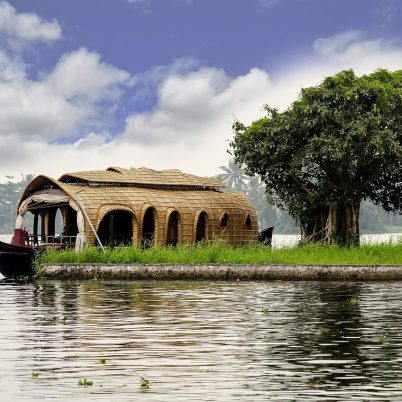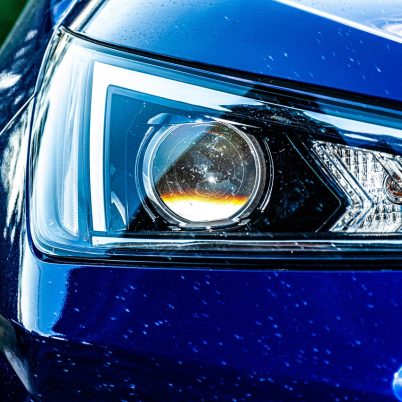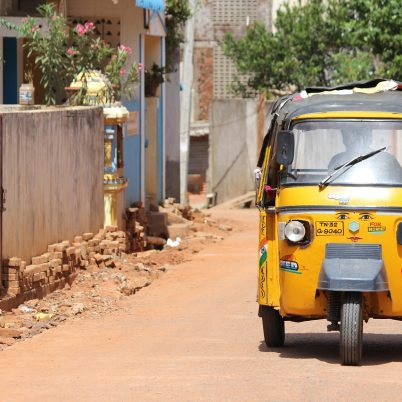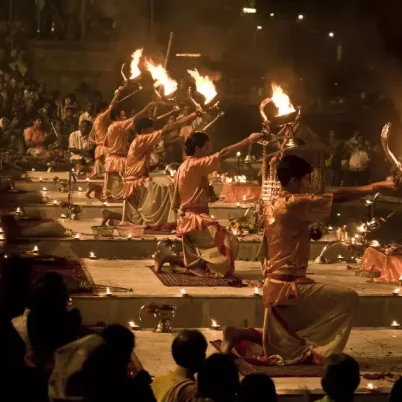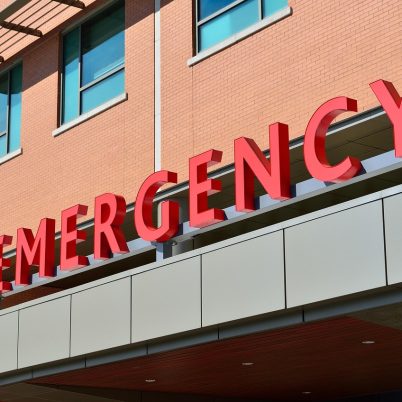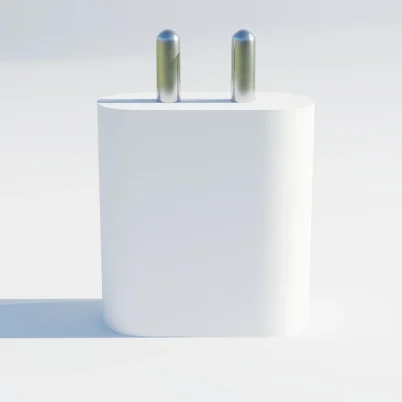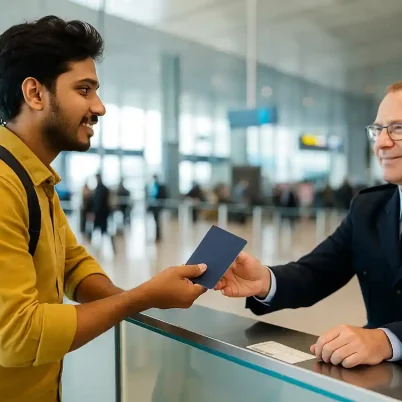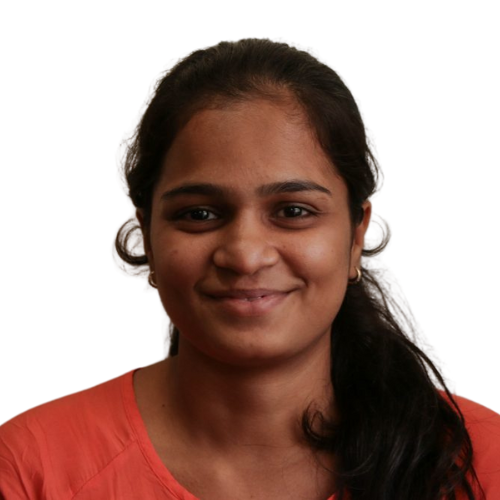
If you are planning to visit India, you may need to know the best time to visit Delhi. This capital city of India is a bustling metropolis steeped in history. It is one of the most popular tourist destinations in India, and is an experience you should not miss. Read this article to find out the different seasons and best time to visit Delhi.
Best time to visit Delhi
The best time to visit Delhi is from October to March, which is the winter season in India. The cool weather makes it a pleasant time for sightseeing and exploring the capital city of the country. However, you will find heavy smog for a few weeks between November and February, which should be avoided for tourism. February and March are a great time to travel – the climate is cool and pleasant and the air is relatively clean. Summers in Delhi from April to June are intense, though, and not recommended for traveling. July to September is monsoon season. It does not rain heavily for most of the season in Delhi, so some days are good for strolling through the city.
Winter in Delhi (October to March)
Winter is the best time to visit Delhi. From December to March, the climate remains cool and pleasant, except for a few weeks when the city is covered in smog. Temperatures hover between 8 and 24 degrees Celsius, although sometimes it can drop to 4 degrees Celsius. January can get colder than other months in Delhi.
It is the perfect time for sightseeing and exploring this beautiful city. Visit the Red Fort, Qutub Minar complex, and Jama Masjid. Or stroll through the iconic Chandni Chowk market. Delhi is a city of contrasts, with New Delhi showcasing all the stunning cityscapes, while the bylanes and bazaars of Old Delhi charm you with a different vibe. The festival of colors, Holi, takes place in March.
Read: Things to do in Delhi
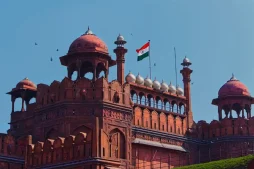 Red Fort
Red Fort
Summer in Delhi (April to June)
Summer season in Delhi is hot and dry. The temperatures can range from 25 to 40 degrees Celsius and the climate is hot and humid. May is the hottest month in this city. The only time to explore the city is early mornings and late evenings. It is not recommended to visit the capital during this time, but there is a lot to do in Delhi even in the summer season.
Visit the indoor attractions such as the India National Museum, Sulabh International Museum of Toilets, or air-conditioned places like malls. Water parks are also a good idea to beat the heat. Watch the beautiful sunsets or visit India Gate at night. Make sure to wear sunscreen every day and always stay hydrated.
Eid al-Fitr is one of the biggest Muslim festivals in India. The international mango festival also takes place in Delhi during summer every year.
See more: Top weekend getaways from Delhi
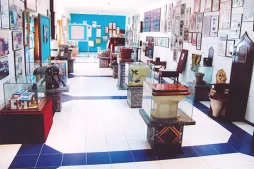 Sulabh International Museum of Toilets
Sulabh International Museum of Toilets
Monsoon in Delhi (July to September)
Monsoon is not a tourist season in Delhi, but if you do not mind some rain, it is a beautiful time to explore the city. Monsoons start in mid-June and the intensity varies each year. The climate is cool and the landscapes turn lush green. The temperatures remain between 25 and 35 degrees Celsius. However, there is often a risk of flooding and storms during this season.
But if you do visit during this time, you will find a lot less tourists and good discounts. You can sit in any of the quaint cafes in Delhi and watch the rain pour outside. There are many art galleries and museums you can visit as well. Late September is a good time to visit, since the rains are almost over, temperatures are lower, and the tourist season has not yet started.
See also: Best staycations in Delhi
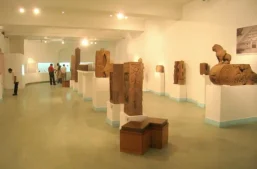 National Museum Delhi
National Museum Delhi
Festivals and events in Delhi
Independence day: The Independence Day of India is celebrated on 15 August every year from 1947. The main events of the day take place in Delhi, the capital of India. Everyone gathers at Red Fort as morning dawns. The Prime Minister of India hoists the national flag and makes a speech. There are many other events that take place after this, such as an Independence Day fair, kite flying battle, and cultural programs.
Republic day: The Republic Day of India is celebrated on 26 January every year since 1950. In Delhi, the President of India hoists the national flag at Kartavya Path. The most popular event of this day is the Republic Day Parade that is organized in Rajpath and performed by the Indian armed forces, followed by themed displays of every state and its culture.
Diwali: Diwali, the festival of lights, is one of the biggest festivals in Delhi. Homes and streets are lit up with lights, diyas (earthen oil lamps), and colorful rangoli. Friends and families gather together and exchange gifts and feast on traditional delicacies. You will find people lighting firecrackers at night – it is truly a festival to experience.
Holi: Holi, the festival of colors, is another grand festival in Delhi. On the eve of Holi, a bonfire takes place, symbolizing the triumph of good over evil. On the day of Holi, people gather together and play with colored powder, water, and water-filled balloons. Everyone eats, drinks, and dances to fun music.
Eid: Eid takes place twice a year – Eid ul-Fitr and Eid ul-Adha. You will see the entire Old Delhi celebrating this Muslim festival with excitement. Jama Masjid is the place to be during Eid. At Chawri Bazaar, you can enjoy a delicious feast for less than INR 500.
Navratri: Navratri and Durga Puja are celebrated to worship Goddess Durga and the victory of good over evil. Navratri, translating to “nine nights”, witnesses vibrant pandals with large idols of Goddess Durga. Devotees visit these pandals and participate in dances like Garba and Dandiya. On the last day, the idols are immersed in water, symbolizing the return of the goddess to her home in heaven.
Baisakhi: Baisakhi is a harvest festival of the Sikh community celebrated in Delhi. All the Gurudwaras, like Gurudwara Bangla Sahib and Gurudwara Sis Ganj Sahib, are decorated. There are special prayers, devotional music, and langars (community meals). You can also experience cultural programs, folk dances, and other performances that celebrate the Sikh heritage.
Qutub Festival: The Qutub Festival is hosted at the Qutub Minar in October or November. The festival takes place over three days, with many classical music and dance performances.
International Mango Festival: The International Mango Festival celebrates the king of fruits, the delicious mango. The festival is held annually in summer by the Delhi Government in alliance with Delhi Tourism. You will find more than a thousand varieties of mangoes on display here. Mango trading, mango eating competitions, and mango quizzes are a part of the festival.
Phoolwalon-ki-Sair: Translating to “procession of the florists”, Phoolwalon-ki-Sair is a three-day festival celebrated in September in Mehrauli every year. The festival has a procession of florists, music players, and dancers, who visit holy shrines and pray for a better flower season in the coming year by offering large floral fans to the deities.
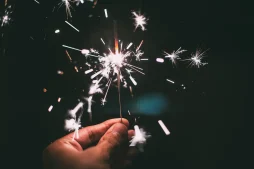 Diwali, the festival of lights
Diwali, the festival of lights
Tips to enjoy your trip to Delhi
- Stay hydrated and always drink only bottled or boiled water.
- Delhi is renowned for its delicious street food, but make sure to eat only that food which is prepared hot and fresh in front of you. Delhi Belly is real. Avoid raw salads and pre-cut fruits.
- Delhi has extremely poor air quality, especially in winter. We would recommend you wear a mask if you are not used to this level of pollution, or if you are prone to respiratory issues.
- Experience a tuk-tuk (auto-rickshaw) ride around the city, but also check taxi apps like Ola and Uber for their rates for the same distance. A lot of times, tuk-tuk drivers may try to fool you by asking for more money than normal. Another way to avoid getting duped is by going by the meter, although a lot of drivers won’t agree to it.
So, does this article make you want to visit Delhi and other parts of India? At India Someday, we curate personalized trips for you based on your preferences and interests. Contact us and we will plan the perfect India trip for you!
Frequently Asked Questions
October to February is the best time to visit Delhi. The climate is pleasant and cool.
You need at least 2 to 3 days to explore all of Delhi’s main attractions.
Delhi has a range of options that cater to different budgets. You will find both delicious street food and luxury fine dining, budget accommodations and luxury hotels and resorts, and free attractions as well as a few that would require a good amount of money. Delhi can accommodate both budget and luxury travelers.
There are many places for shopping like Connaught Place, Sarojini Nagar, Chandni Chowk, Khan Market, and Janpath Market.
helping you travel your way
Everything you need to know about India is here We have tried writing about everything you may need help with for your trip to India, If you need help in planning a trip to India Get in touch with us to to plan your trip of a life time.



